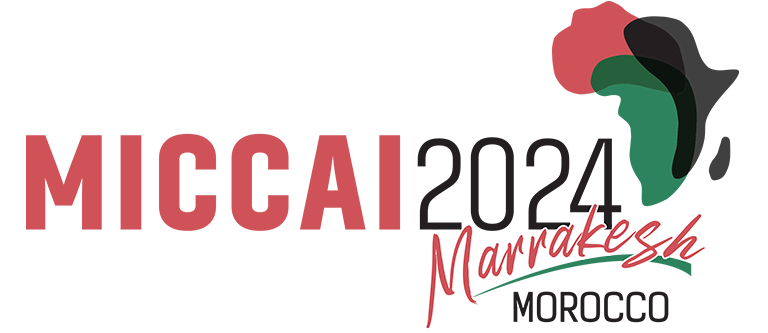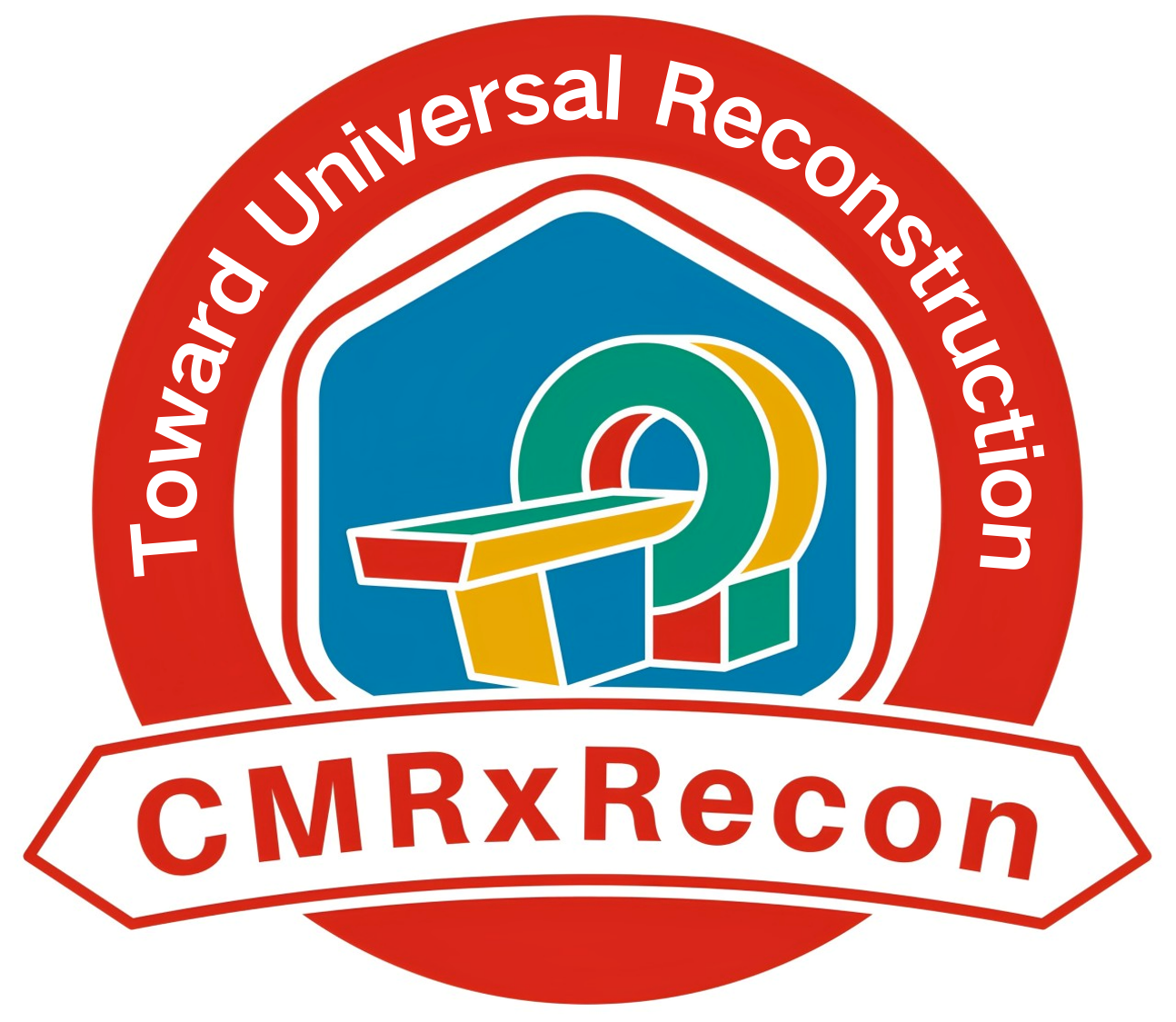To replicate the undersampled data for validation
and test, please refer to matlab version:
https://github.com/CmrxRecon/CMRxRecon2024/tree/main/CMRxReconDemo/undersampleDemo
Or the python version:
https://github.com/CmrxRecon/CMRxRecon2024/blob/main/ReconTutorial/ShowCase.ipynb
Our original data does not provide a sensitivity map, but the central 16 lines (ny) or the 16*16 of our k-space are fully sampled and can be used as calibration lines for GRAPPA reconstruction. Alternatively, you can use the "demo_myESP_SENSEmap.m" code provided at https://github.com/CmrxRecon/CMRxRecon2024/tree/main/CMRxReconDemo/csmDemo
Please follow the Submission example we provided and save the results in .mat format, with the data dimensions consistent with the original data (without the coil dimensions). During the validation phase, to reduce file size, please use the "run4Ranking.m" code provided to crop the image data and save it with the same directory structure. All file names should match the original data names. For more details, please refer to the https://github.com/CmrxRecon/CMRxRecon2024/tree/main/Submission
We recommend zero-padding the k-space data to a consistent size for reconstruction, and then cropping them back to its original dimensions.
No, the validation submission does not affect the final ranking.
For both tasks, we will evaluate the results for each modality first and take the average value for each undersampling pattern and acceleration factor as the final result.
We do not require teams to upload the training code. Only the inference code's Docker is needed for participation.
We do not restrict any data preprocessing, and we only evaluate the final reconstruction effect. However, the total running time for all data in each task cannot exceed 4 hours.
No, it can be done but is not mandatory.
It can be done but is not mandatory. We only evaluate the test results and do not have specific requirements for the process.
It is not mandatory.
Task 2 aims to generalize on various undersampling tragectories and factors. During the validation phase, we will pick 1 random acceleration factor on the three undersampling tragectories to evaluate.
Each team can consist of up to 6 people. The authors in the submitted paper should be the same as the team member list.
Yes. But to ensure the fairness of this challenge, you are only allowed to use the datasets provided by fastMRI, CMRxRecon2023, and CMRxRecon2024. Data augmentation based on the training dataset is allowed.
Yes. However, all results generated based on this dataset can only be published three months after the end of the challenge. According to our agreement, it is required to cite our provided article and acknowledge the data source when referencing the results.
1. All individuals who wish to participate in this challenge are required to register using
their real name, affiliation details (including
department,
university /institute/company name in full, country), and affiliation E-mails.
Incomplete and
repetitive registrations will be removed without any prior notice. Each team is permitted to
have a maximum of six members.
2. During the validation and training phase, all participants must submit a complete solution to this
challenge, which
includes a Docker image(in tar file
format) and
a qualified methodology paper (of at
least 8
pages, in LNCS format).
3. All participants must agree that the short
papers
they submit can be made publicly available on the challenge website, and that organizers can
use
information provided by participants, including scores, predicted labels, and
papers.
4. Participants are not allowed to register
multiple
teams or accounts.The CMRxRecon Organizers reserve the right to disqualify such
participants.
5. Redistribution or transfer of data or data
links is
prohibited. Participants must use the data solely for their own purposes.
6. Participants should develop fully automated
methods
based solely on the training set. To ensure the fairness of this challenge, you are
only allowed to use the datasets provided by fastMRI, CMRxRecon2023, and CMRxRecon2024. Data
augmentation based on the training dataset is allowed. No
manual interventions (such as manual annotation of cases) are allowed.
created with
Website Builder Software .
